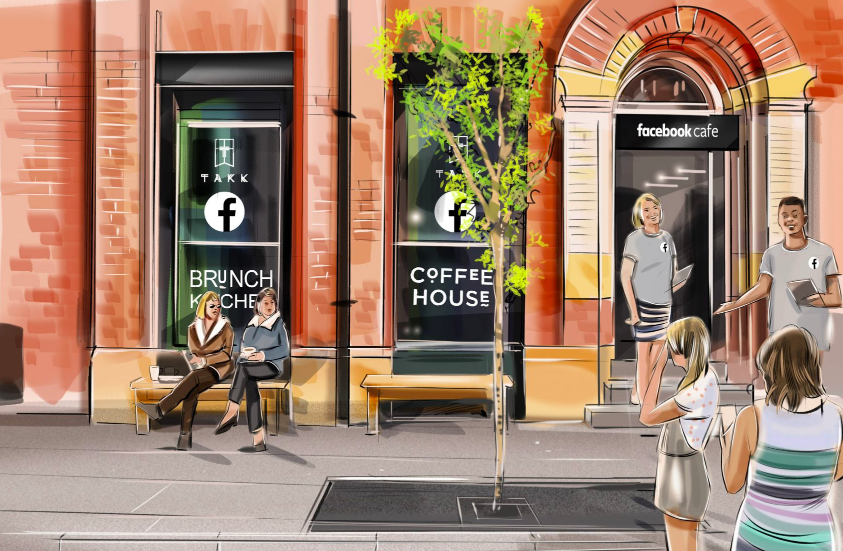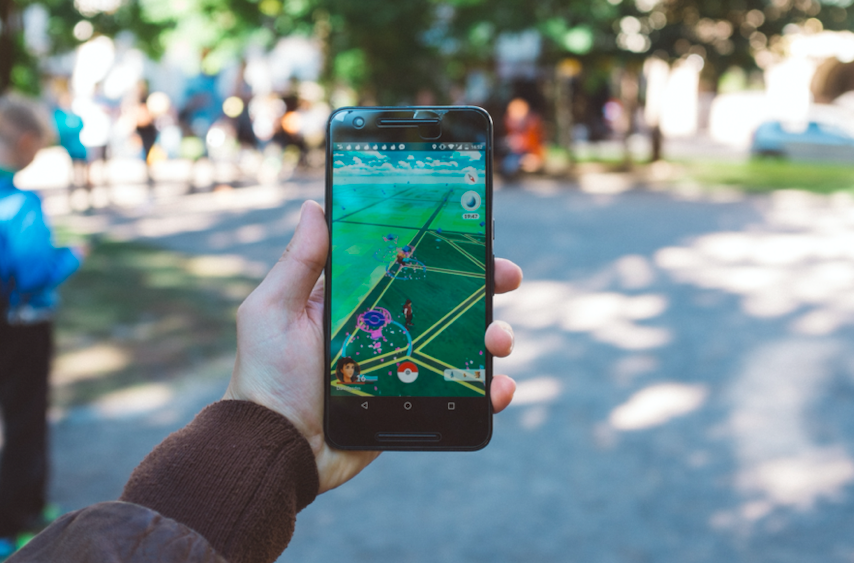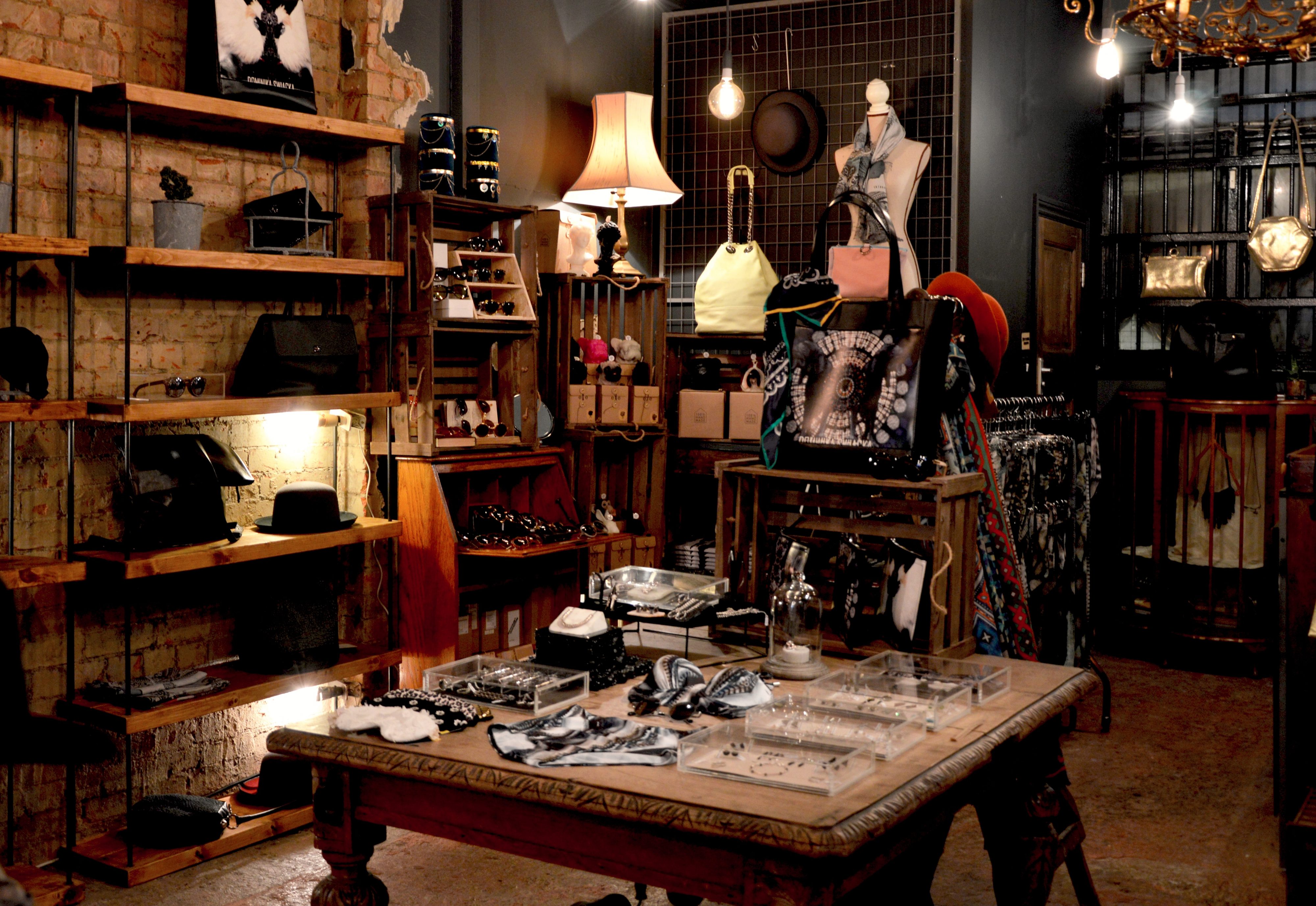Is owning your data the new luxury? Facebook is trying, through Pop-up cafes, to help us understand how to manage our privacy.
With more and more companies using data to extract vital information about the behaviour of consumers to transform them into products, services or the right banner to show up during an internet browsing, is not news that owning our data is on its way to becoming a human right. Why? Because data should be interpreted as property and people compensated accordingly, one might say. In the future, some predict that only who will be able to pay not to have their data stored and used will benefit some degree of privacy and control. As any technology does, also the internet has advanced
A/R a futuristic trend: ride it with a Pop-Up event!
While Virtual Reality or VR did not make it to our daily reality, Augmented Reality or AR, however, thanks to our mobile phones and an App., is a technology that is being largely used in retail and consumers will increasingly expect to have this option when getting in contact with a brand. What is exactly AR? Augmented reality is a technology able to expand the physical world, adding layers of digital information to the reality we see. AR to the contrary of VR does not create a whole artificial world but enhances, adds or complements the reality we touch with
5 POP-UP TRENDS TO FOLLOW IN 2019
Since the advent of the internet, many things in our lives have changed. Over the past decade, retailers have been battling a dual transformation. Expanding their business onto the digital world while trying to reinvent their physical spaces. These are 5 pop-up trends to follow in 2019. Some companies have started to suffer from a cannibalistic effect, as their consumers bought more online than in their physical stores. However, the death of the brick-and-mortar has never really arrived. //Trailblazers showing us the way: from Experiential Marketing to Customers’ Emotions Visionary and forerunner retailers have been able to read the signals. Understanding what customers





